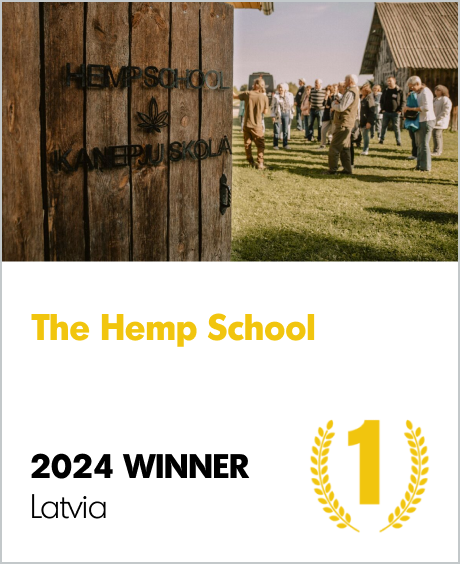Adult learning and skills development is a vital component to aid the recovery from the impact of war.
GLAD event puts spotlight on actor coalitions in adult learning

Recently, the ETF hosted a webinar about the new European Agenda for Adult Learning 2021–2030, the Advocacy Coalition Framework and the role of stakeholders in shaping educational development and policymaking.
The event featured three esteemed speakers: Marcella Milana from the University of Verona, Italy; Borut Mikulec from the University of Ljubljana, Slovenia; and Oleg Smirnov, Ukraine’s director of DVV International.
In setting the stage, Siria Taurelli, ETF Senior Human Capital Development Expert, contextualised the webinar within the ETF's GLAD (Governance, Learning, Action and Dialogue) Network. She described the network's focus on promoting collaborative governance among educational stakeholders, which is necessary to move towards lifelong learning paradigms.
“Policymaking is a complex matter.”
This is how Prof. Milana introduced the Advocacy Coalition Framework, a theory of the policy process that examines how coalitions form around common belief systems and interact to influence public policymaking.
“Based in political science, the framework highlights the complex factors involved in policy change, focusing on belief systems, main policy ideas, and learning about policies,” he explained.
On the other hand, Associate Prof. Mikulec gave a clear example of how the Advocacy Coalition Framework can be used to study the European Agenda for Adult Learning. He showed how different people and groups had worked together and consulted each other to create the 2021 agenda. He highlighted the important role of various stakeholders, including government bodies and civil society organisations, in shaping these policies.
“Differences in power and resources affect advocacy coalitions. While certain actors wield greater influence due to their resource endowments, others leverage alliances and strategic collaborations to amplify their voices. The Advocacy Coalition framework highlights these dynamics and stresses the importance of forming partnerships to navigate policies effectively,” he said.
Offering a perspective from Ukraine, Smirnov highlighted the role of decentralisation in fostering advocacy efforts for adult learning, a vital component in developing the skills needed in the country's recovery efforts from the impact of war.
“Decentralisation empowered local communities, enabling them to spearhead initiatives aligned with the needs of their populace,” he said, emphasising that “this shift not only encouraged citizen engagement but also made it necessary for them to learn new skills and knowledge, especially in adult learning and education.”
Smirnov also highlighted the challenges persisting at the national level, where political dynamics and entrenched interests often pose formidable obstacles to advancing adult learning policies. Furthermore, he recognised the significant contribution of international donors in supporting advocacy initiatives, emphasising the need for evidence-based advocacy.
Overall, speakers offered global perspectives for advocacy coalitions in adult learning, whereby civil society actors can influence the policy process although they are not part of formal governance.
“Forging alliances beyond familiar circles, underscoring the need for strategic coalition-building while preserving core values and beliefs,” was one of the key messages from Prof. Milana.
Ass. Prof. Mikulec, meanwhile, underscored the growing visibility of adult learning on the European stage, calling for better cooperation among diverse stakeholders to amplify advocacy efforts.
Effective advocacy requires a multifaceted approach, blending local engagement with global perspectives, and bridging the gap between policy ideals and practical implementation.
“Through concerted actions and strategic horizon, it can be used to shape adult learning policies allowing stakeholders to chart a course towards a more inclusive, resilient, and equitable educational landscape in the EU and countries in the EU’s neighbouring regions,” concluded Taurelli.






